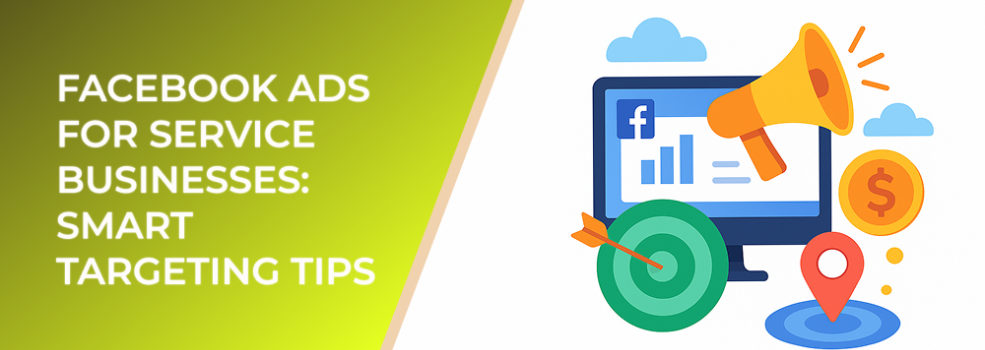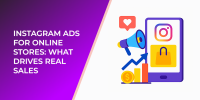This article explores practical, data-backed targeting strategies for service-based businesses running Facebook Ads.
Why Service Businesses Need Smarter Targeting
Service businesses operate on trust, relevance, and timing. Unlike ecommerce, conversions often require a conversation, booking, or consultation. That means every impression matters.

Average Facebook Ads conversion rate across industries (~9.2%) and key comparison sectors
A recent analysis of over 8,000 service-business campaigns found that audience precision was directly linked to cost efficiency: campaigns with tightly defined targeting achieved up to 40 percent lower cost per lead compared to broadly targeted campaigns.
Understand the Signals of High-Intent Audiences
High-intent audiences show behavior that signals readiness to engage. These include users who:
-
Interact with similar service categories
-
Follow competitor pages
-
Frequently engage with problem‑solving content
-
Visit review platforms or local directories
According to industry research, 74 percent of consumers choose a service provider based on familiarity built through repeated online exposure. Consistent, contextually relevant targeting is key.
Use Lookalike Models to Expand Smartly
Lookalike audiences remain one of the most efficient ways to scale without losing targeting accuracy. By starting with a seed audience of previous customers or qualified leads, you can reach users who statistically behave similarly.
Campaigns using lookalikes based on conversion data typically see 2.2× higher lead quality compared to interest‑only targeting.
Optimize by Layering Interests and Behaviors
Service decisions are multi‑factor. Combine interests, demographics, and behaviors to create segmented groups that reflect real buyer paths.
Some effective targeting layers for service businesses include:
-
Local community groups
-
Users searching for how‑to guides within your niche
-
People following well‑known local competitors
-
Users recently engaged with related problem‑solving topics
Adding behavioral layers can reduce CPA by 18–30 percent across local service niches.
Retarget the Right Way
Retargeting for service businesses works best when focused on warm but not yet converted users.
Three high‑performing retargeting groups are:
-
Visitors who reached your booking or pricing page
-
Users who engaged with your social content in the last 30 days
-
People who clicked previous ads but did not submit a form
Data shows that proper retargeting can lift conversion rates by up to 55 percent for local service providers.
Use Predictive Segments to Prioritize Quality Leads
Predictive audience segments can identify users who show behaviors correlated with higher conversion probability. For service businesses with limited ad budgets, this approach helps prioritize those most likely to book.
Campaigns using behavior‑based predictive segments often experience up to 29 percent more booked calls within the same ad spend.
Build Geographic Precision
Local is everything for service‑based businesses. Geo-targeting should align with realistic service radius, population density, and ability to deliver or serve quickly.

Impact of hyper-local targeting: up to 35% reduction in ad spend waste for service-business campaigns
Hyper‑local targeting has been shown to reduce wasted spend by 35 percent while increasing lead relevance.
Combine Automation With Manual Optimization
While automated bidding can help maximize results, manual ad set refinement remains essential for service categories where lead quality varies widely.
A recent benchmark indicates that combining automation with manual targeting adjustments produces 17 percent lower CPL than automation alone.

